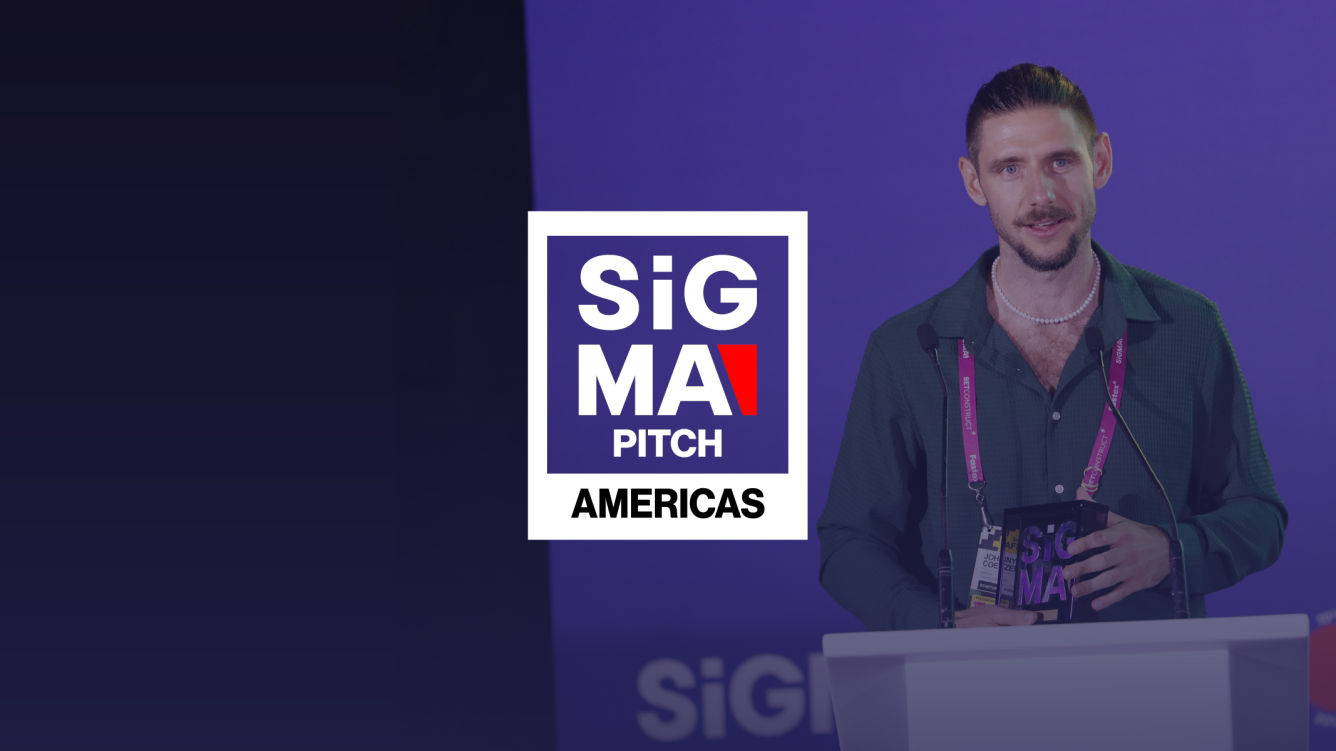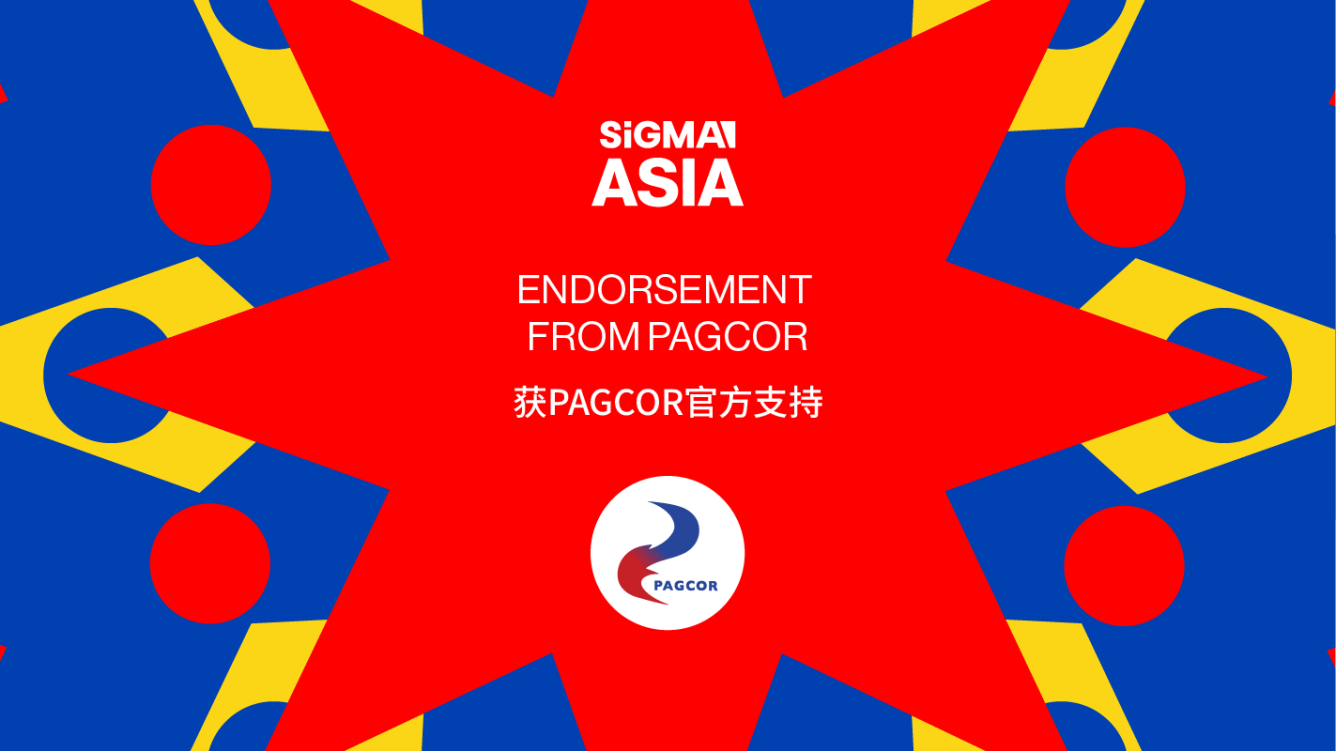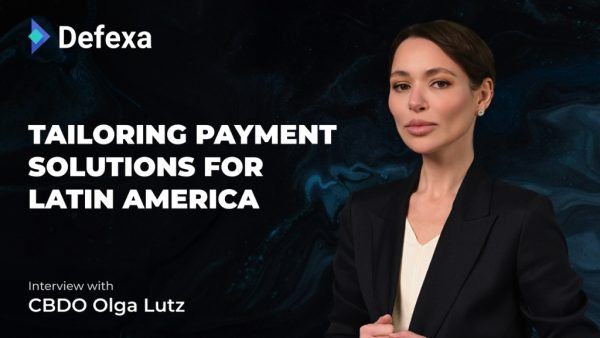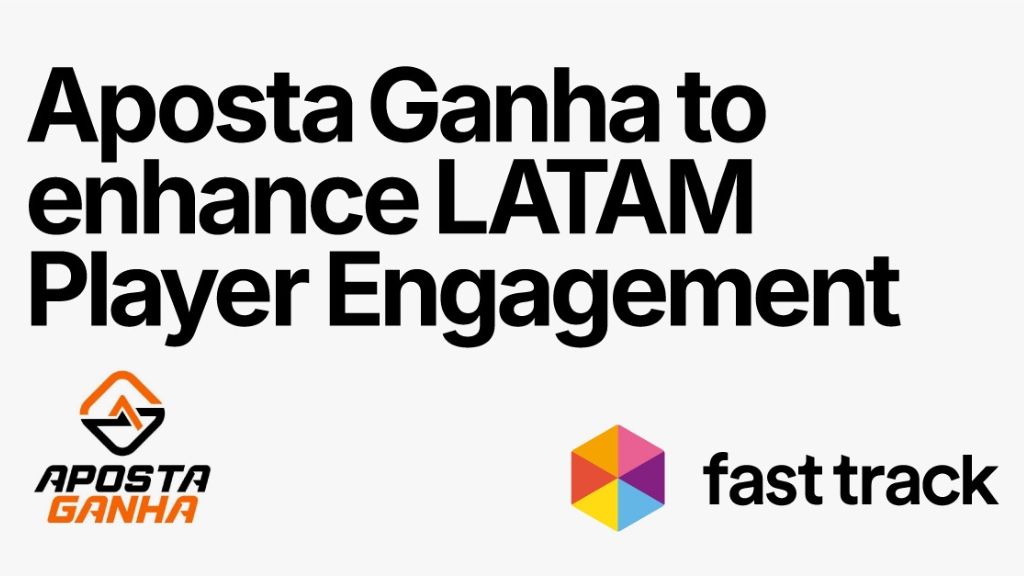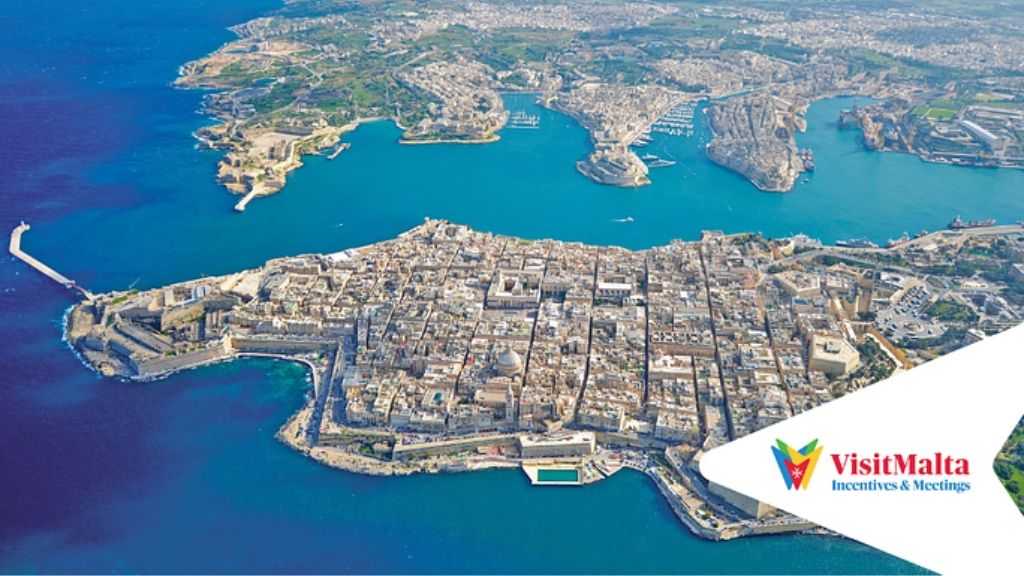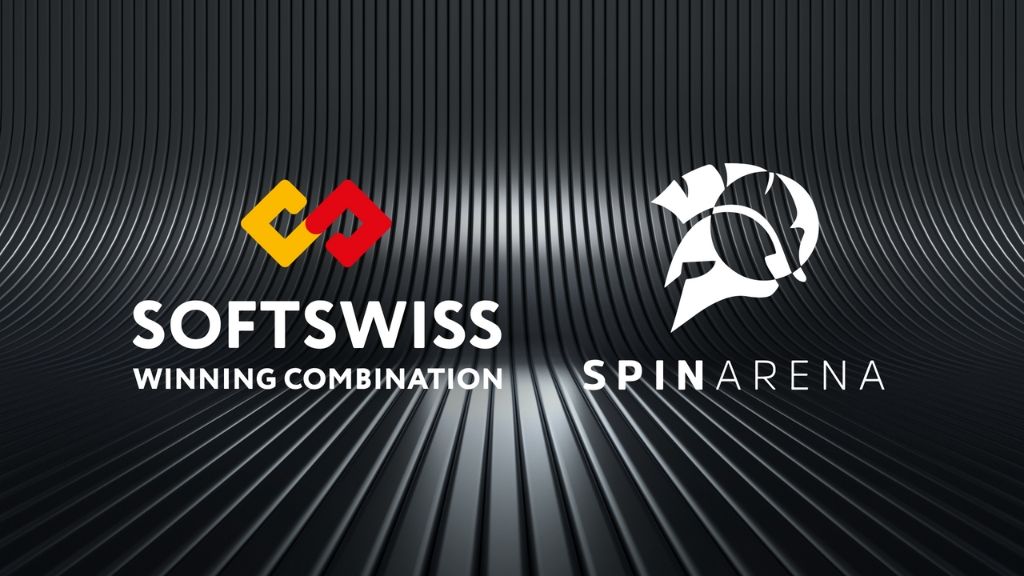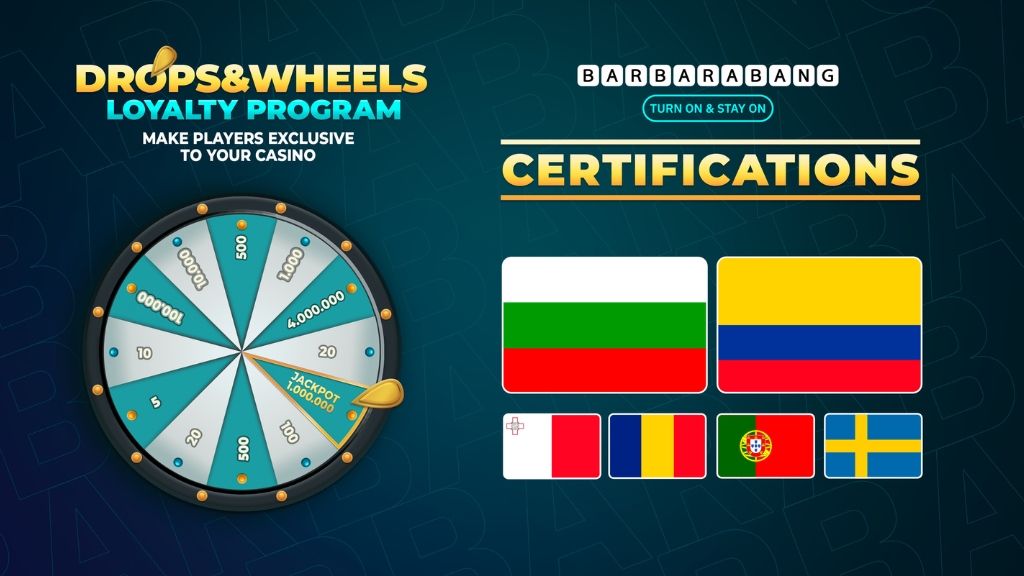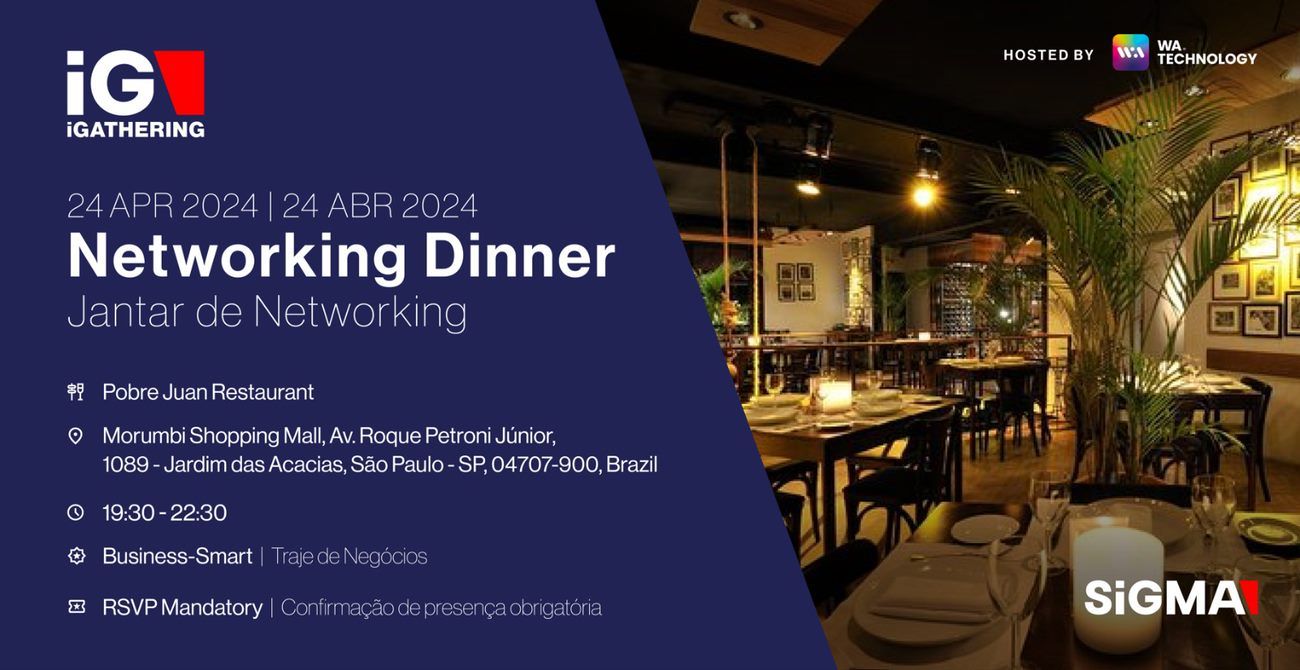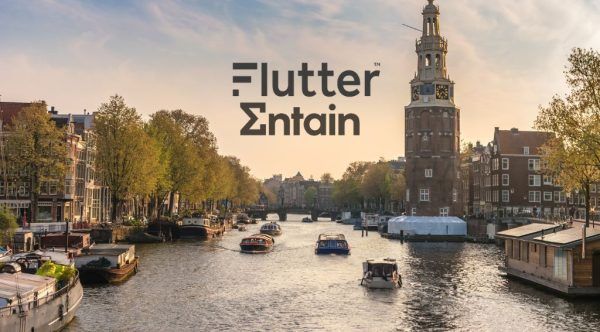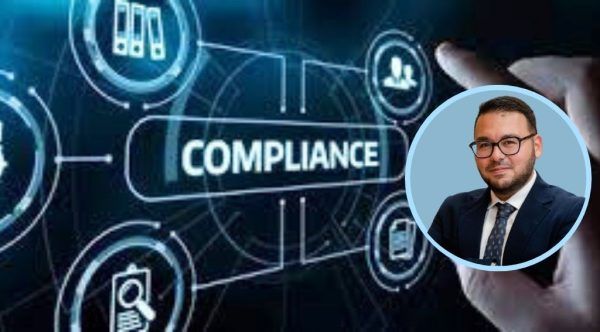New Hungarian legislation ends the state monopoly on iGaming and allows European firms to enter the national market
Following the Kindred Group’s Unibet bringing the case to court due to their argument that international operators were unable to meet the country’s conditions for iGaming, the Court of Justice for the European Union passed a ruling in 2017 that the nation’s online gambling rules were excluding European operators unlawfully. This would eventually lead to the recent reforms that opened up the Hungarian market for external firms.
As explained by the legislative text itself, “the draft aims to liberalize remote gambling by emphasizing the protection of players and introducing guarantee regulatory elements that protect the interests of players.”
Before these sets of reforms, Hungary’s iGaming laws allowed land-based casino operators to apply for online casino and poker licenses while online betting and specifically online sports betting was restricted only to the state-run Szerencsejáték Zrt monopoly.
These new reforms allow operators within the EEA to launch iGaming offerings in the country in compliance with permission from Hungary’s gaming regulator with, as of speaking, no limit in the number of permits that can be issued.
As stated by the legislative text itself, “In a liberalized online betting market, several private companies are competing with each other, so there is a danger of encouraging excessive gambling instead of maximizing the principle of responsible gaming.” In another win for iGaming customers, the reform also allows the use of credit cards for online deposits as long as the card is linked with an authorized payment service provider.

Regulators and policy-makers have stressed that the legislative changes are founded on the principles of Responsible Gambling and player protection. As a more competitive gaming market could encourage excessive gambling, the bill maintains that a player protection plan will be demanded from the operators “in accordance with the principle of responsible gaming and the protection of players”.
This being said, there are restrictions in place to ensure that iGaming firms comply with regulations. Operators who had offered iGaming in the EEA without a license during the ten year span before their official application will be refused entry into the Hungarian market. In terms of costs, operators seeking to obtain a license must have share capital of at the minimum €2.8 million with licensing fees costing around €1.7 million. The tax rate for operators has yet to be determined.
As of speaking, the bill is currently in a standstill period following its proposal to the European Commission which should conclude after the 4th of May.
News sources from iGaming Business News.
SiGMA 2022 :
After the exciting set of conferences that was Malta Week 2021, the SiGMA Group plans to take the world by storm with the golden steeples of Kiev and the snowy city of Toronto being hubs to draw the best and brightest of the iGaming world together. Our next expo takes us to cutting-edge metropoli of the United Arab Emirates for three days of networking, panel discussions and festivities. Stay up to date with the latest and greatest through SiGMA News.




